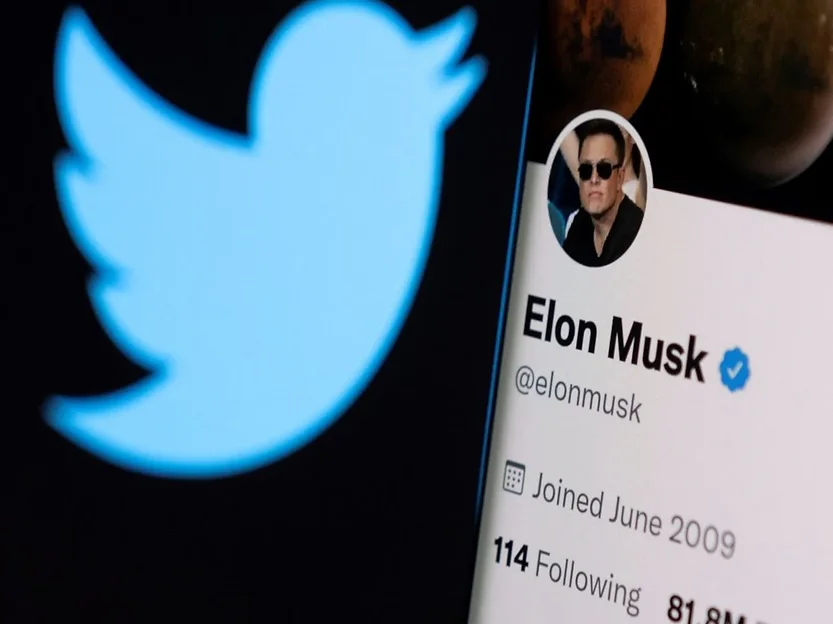Influential World
What does Elon Musk’s purchase of Twitter mean for the future of social media and free speech?

Over four years ago, on December 21, 2017, Elon Musk, the Tesla entrepreneur and billionaire outer space enthusiast, made a tweet consisting of just three words: “I love Twitter.” Insider host Dave Smith responded, “You should buy it then,” and today, Musk has essentially done just that – he has struck a deal to acquire Twitter for $44 billion (£34.5 billion).
Now, many are curious about the significance of this change in ownership and what it means for regular users of the app.
At this early stage, it’s too soon to predict the day-to-day changes in Twitter, but Musk seems eager to shake things up. In his bid to the Twitter board, he expressed his belief in the platform’s “tremendous potential” that he aims to unlock.
In a statement regarding his takeover, Musk emphasized the importance of free speech, acknowledging its dual nature. He stated via Twitter, “Free speech is the bedrock of a functioning democracy, and Twitter is the digital town square where matters vital to the future of humanity are debated.”
Musk also outlined his plans to enhance Twitter, including introducing new features, making algorithms open source to enhance trust, combating spam bots, and verifying all users.
According to the BBC, Musk has hinted at expanding tweet word counts and implementing a retrospective edit function. While this feature could be beneficial for fixing typos, it may also introduce complexities.
Following the announcement, concerns were raised by some of Twitter’s 206 million daily users, including notable figures like actor Jameela Jamil and London mayor Sadiq Khan, who expressed worries or indicated intentions to leave the platform due to the new ownership.
Human rights organization Amnesty International also voiced apprehensions, emphasizing the persistent issue of hate speech on Twitter.
Critics of Musk’s takeover have highlighted Tesla’s history of allegations involving racism, discrimination, and sexual harassment, raising doubts about the compatibility of his approach with Twitter’s ethos.
Current Twitter CEO, Parag Agrawal, remarked that the platform’s direction post-acquisition remains uncertain.
Musk’s personal tweet prior to the deal’s announcement expressed his hope that even his harshest critics would remain on Twitter, emphasizing the importance of free speech.
With Musk’s vast following and resources, his influence on Twitter’s future trajectory is substantial, especially as he appears more focused on the platform’s societal impact than profit.
Despite Twitter’s recent user growth slowdown, Musk’s interest underscores its potential as a platform for discourse and innovation.
With 85 million followers on Twitter, Musk’s actions on the platform will undoubtedly shape its direction for its 200 million regular users moving forward.